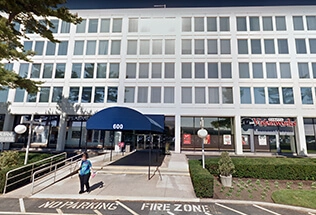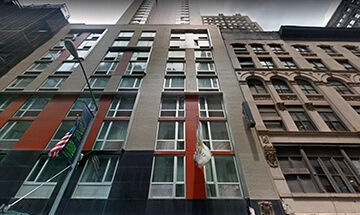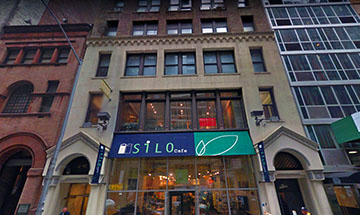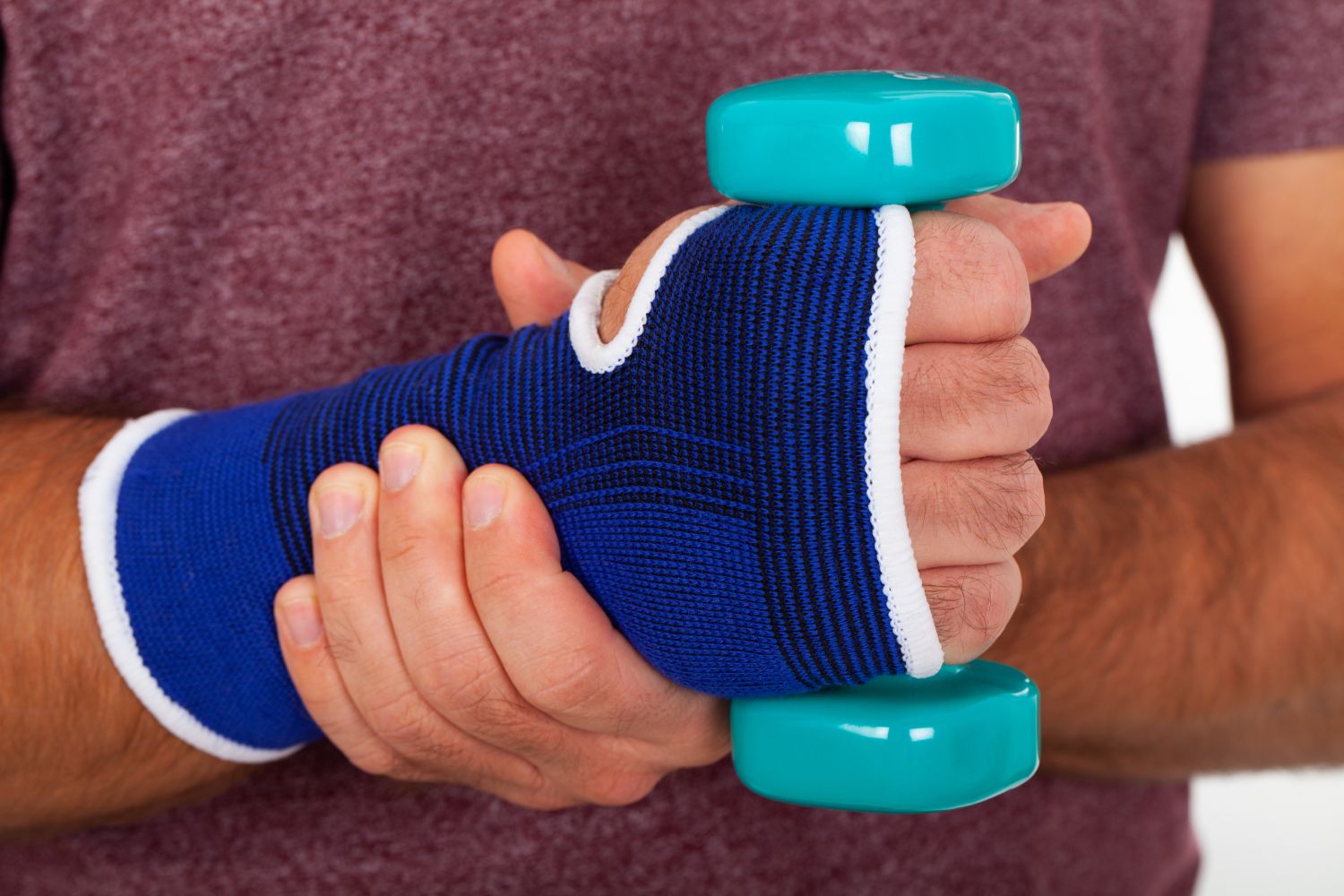Every New York driver must carry personal injury protection insurance (PIP). This coverage is important, as it allows auto accident victims to pay their medical bills and, should they lose income due to their injuries, stabilize their finances. It’s also critical in the event that you, as a driver, are held partially or mostly at fault for an auto accident in which another person sustained injuries.
What exactly does personal injury protection cover, and what are the limits to that coverage? Below, we will answer both of these questions and more.
For additional information, or for a free case evaluation, please contact Schwartzapfel Lawyers today online or at 1-516-342-2200.
How PIP Insurance Works
Personal injury protection, or PIP, coverage is a mandatory requirement of New York car insurance policies. This part of your insurance policy covers medical expenses, lost income, as well as certain accident-related costs that may be incurred by you and/or any of the passengers in your vehicle at the time of the accident, no matter who was at fault for the crash.
PIP coverage is different from other types of insurance, such as liability coverage. Liability coverage, for instance, only kicks in if you are at fault for the accident and the other driver has medical bills that are your responsibility and would otherwise be paid out of pocket or covered by a health insurance provider.
Personal injury protection coverage, on the other hand, is always available and used to pay for your medical bills if you are injured in an auto accident. It guarantees that you won’t face sudden financial catastrophe because of your injuries. By default, you must have $50,000 of PIP coverage to drive legally in the state of New York.
What Does PIP Cover?
PIP coverage does not pay for everything you can lose in an auto accident or crash. Below, we’ll break down each of the three types of damages that your personal injury protection covers after an accident.
Medical Payments Coverage
First, your PIP coverage pays for any medical costs originating due to an auto accident. These medical expenses include:
- Necessary medical and/or dental services
- Surgical services and procedures
- Hospital expenses
- Physical and psychiatric rehabilitation costs, like physical therapy
- Ambulatory services (i.e., riding the ambulance to the hospital)
- Diagnostic services such as tests or X-rays
- Extra medical treatments required by your recognized religion
In addition, your PIP coverage will pay for the medical bills of any passengers in your vehicle with you up to the policy limit. To speak with one of our expert PIP attorneys at no charge, call Schwartzapfel Lawyers today at 1-516-342-2200.
Lost Earnings
Personal injury protection doesn’t just pay for medical services and ongoing expenses. It also covers certain economic losses. Specifically, it covers lost wages of up to 80% of your monthly earnings or $2,000 per month (whichever is less).
For example, if you earn $5,000 a month, you’ll get $2,000 a month towards lost wages up until your PIP coverage limit. If you earn $1,000 a month, you’ll only receive $800 a month from your PIP policy instead.
Note that lost earnings coverage only applies for three years from the accident date.
Other Types of Coverage
Your PIP insurance coverage entitles you to other benefits as well. For example, if you are killed in a car accident while insured, your estate will receive $2,000 to help pay for your funeral expenses and burial costs.
On top of that, your PIP coverage entitles you to $25 per day to take care of routine home activities that you can’t perform because of your injuries. These are things like home maintenance, childcare, housecleaning, caring for elderly family members, laundry, and cooking meals.
What Is Not Covered by Personal Injury Protection?
It’s just as important to understand what your PIP coverage does not cover. That way, you can adjust your insurance policy as necessary or determine whether a lawsuit against an at-fault party is worthwhile.
PIP coverage does not protect you if:
- You are driving while intoxicated or impaired by drugs or alcohol while involved in an accident. Even if you aren’t technically at fault for the accident, you will likely be deemed at fault in part due to your inebriated state at the time. The only exception to this is if you have emergency health-related services performed by ambulance workers or personnel in a general hospital.
- You intentionally cause your own injuries.
- You are riding in an all-terrain vehicle (ATV) or motorcycle as either an operator or passenger at the time of the accident.
- You are injured while committing a felony.
- You are injured in a stolen vehicle.
- You are driving in an uninsured vehicle.
Essentially, your PIP coverage doesn’t kick in if you are breaking the law at the time of your crash and injuries. If you are following the law, your PIP coverage should apply to your medical bills and related costs. To assess whether PIP coverage should apply in a specific case, call Schwartzapfel Lawyers at 1-516-342-2200.
How Do You File a Claim for Personal Injury Protection?
It’s important to file a claim for personal injury protection payments as quickly as possible. This is because you have only 45 days after the beginning of medical treatments to submit written proof to your insurer. Note: The written proof should detail both the nature and extent of your injuries.
Once the written proof is received, your insurance company has 30 days to make payments or request additional proof from a policyholder.
Worth noting, too, is the 90-day period in which you must submit written proof of lost earnings if you wish to recover compensation for that portion of your PIP policy. As with the above, the sooner you submit proof to your insurer, the faster you’ll receive payouts to help stabilize your finances.
But what if your PIP insurance company asks for additional proof or otherwise tries to stall things? A legal representative can help you navigate this issue and negotiate with them on your behalf. Contact Schwartzapfel Lawyers now at 1-516-342-2200 for a free case evaluation, additional information, and more!
How Much Personal Injury Protection Do You Need?
According to New York law, you need $50,000 of personal injury protection coverage at a minimum to drive legally in the state and help cover your health insurance deductible. However, given the exorbitant costs of many medical procedures, some drivers opt to take on additional coverage.
For instance, you can purchase optional basic economic loss insurance (OBEL) in order to increase your personal injury protection coverage limit up to $75,000. Depending on your insurance provider, you can also purchase extra coverage and increase the limit even more.
It all depends on how much you want to pay for your monthly premium and how much peace of mind you want to have in the event of an auto accident.
PIP insurance is important because, even if another driver is very much at fault for an accident, there’s no guarantee you’ll recover compensation from them. This is true even if your lawsuit is successful.
In addition to the minimum PIP coverage, all New York drivers are required to carry:
- $25,000 of bodily injury liability coverage per person involved in an accident
- $50,000 of bodily injury liability coverage per accident
- $10,000 of property damage liability coverage per accident
- $25,000 of statutory uninsured motorist bodily injury coverage per person
- $50,000 of statutory uninsured motorist bodily injury coverage per accident
Is PIP Coverage Always Required?
New York is a no-fault car insurance state, so you need insurance to drive legally. As PIP coverage is a part of basic insurance policies, you’re required to carry $50,000 of PIP coverage no matter what.
All New York car insurers offer PIP coverage with this limit at a minimum. If you don’t have PIP coverage or another form of car insurance, you could face heavy fines and penalties if you are involved in an accident or are otherwise discovered not to have it.
Please note: PIP coverage is also mandatory in Florida, Kansas, Maryland, Kentucky, Michigan, New Jersey, Massachusetts, and Arkansas.
To learn more, call Schwartzapfel Lawyers at 1-516-342-2200. It will be our honor and privilege to assist you with your claim as well as answer any questions you may have about PIP, New York State law, or the legal process in general.
How Does PIP and Other Coverage Apply To Your Auto Accident?
It’s important to remember that personal injury protection insurance is never taken from one person and given to the other, even if one party has much higher medical expenses. That’s what liability coverage is for instead.
As noted above, New York drivers must carry $25,000 and $50,000 in bodily injury liability coverage per person and per accident. Those insurances cover any costs you may be liable for if you are at fault for an accident or cause the injuries of another person.
At-Fault Coverage
If you are at fault for a crash:
- Your PIP collision coverage pays for any medical bills you might receive due to your injuries in that crash. It may also cover you for lost income if you are unable to work.
- If you are proven to be at fault for a crash, your liability coverage pays for the medical bills, property damage, and accident-related expenses of the other party.
If They Are At Fault
If the other driver(s) is at fault for a crash:
- Your PIP coverage still applies to your medical bills and accident-related expenses.
- However, once the other driver is proven to be at fault for the crash, their liability coverage kicks in and pays for your medical bills.
- If the liability coverage is not enough to pay for your medical expenses, your PIP coverage will once again be used to cover those costs until it is exhausted.
- At this point, you may be able to file a lawsuit and recover additional damages from the at-fault party.
If No One Is At Fault
If neither party is deemed to be at fault for the accident in question:
- Your PIP insurance covers your medical costs. The other party’s personal insurance protection does the same for them.
- Neither driver receives money via the other’s liability coverage.
Can You Sue If You Receive PIP Coverage?
While New York is technically a no-fault state, it does allow for certain circumstances in which you can sue an at-fault party for damages. This is important since some medical treatments can cost more than your PIP coverage limit.
However, your injuries must be especially severe or debilitating, such as one part of your body or an organ being fully disabled. An auto accident attorney can tell you whether you have grounds for a lawsuit and whether you have a good chance of succeeding and recovering damages for your medical costs.
Contact Schwartzapfel Lawyers Today
Understanding the limits of your PIP coverage is key to determining whether a lawsuit is a wise idea. If you can’t pay for your medical bills even with PIP insurance, an auto accident lawsuit could be your only means of financial recourse. If that’s the case for you, Schwartzapfel Lawyers can help.
We are dedicated and experienced New York City auto accident lawyers. Between our partners, we have over 150 years of experience that we can bring to bear on your case. Just check out our client testimonials page for examples. Over the years, we’ve helped New Yorkers just like you recover millions of dollars in verdicts and settlements against at-fault drivers/organizations.
Why wait? If you need your auto accident lawsuit to succeed, contact Schwartzapfel Lawyers today at 1-516-342-2200 for a free case evaluation and consultation.
Sources:
Schwartzapfel Lawyers, P.C. | Fighting For You™™
Personal Injury Protection (PIP) Definition | Investopedia
What Is Personal Injury Protection Insurance? | Auto Insurance | US News
Minimum Auto Insurance Requirements | Department of Financial Services


















